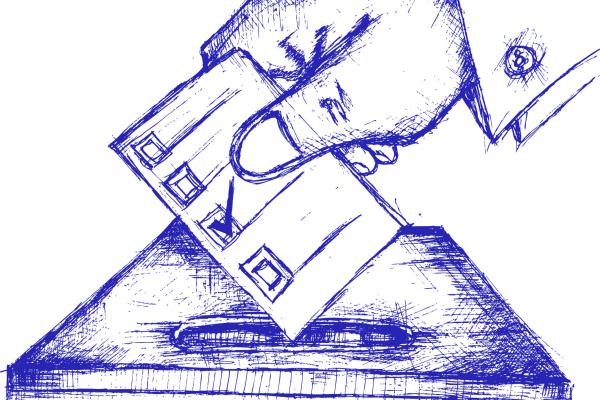Oct 19, 2016
As a pastor in a historically black church, Quinn Chapel A.M.E. Church in Jefferson City, and the Executive Director of Missouri Faith Voices, a PICO federation, I say this attempt to silence and disenfranchise voters is contrary to the gospel of Jesus Christ. When I interpret Matthew 25, it is not merely about providing food, clothes, and hospitality — it is about transforming systems that have caused people to be left out.
Read the Full Article

Already a subscriber? Login
